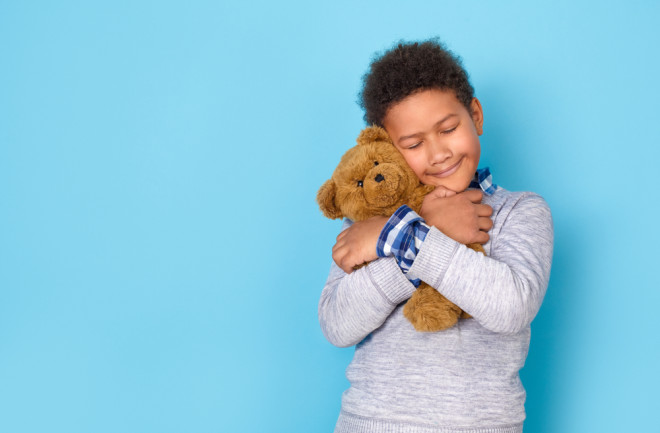In late 2019 and early 2020, bushfires in Australia destroyed the habitat for millions of animals as well as homes for thousands of people. UNICEF estimated that the fires somehow impacted 40 percent of Australian children.
Many children felt traumatized by the fires, and because teddy bears have the power to calm and comfort, UNICEF organized therapy sessions with handmade teddy bears that children could keep and cuddle.
Researchers are learning more about the emotions people attach to teddy bears and then maintain throughout their lives. The science behind teddy bear hugs has the potential to help clinicians treat anxiety, reduce fear and address trauma.

